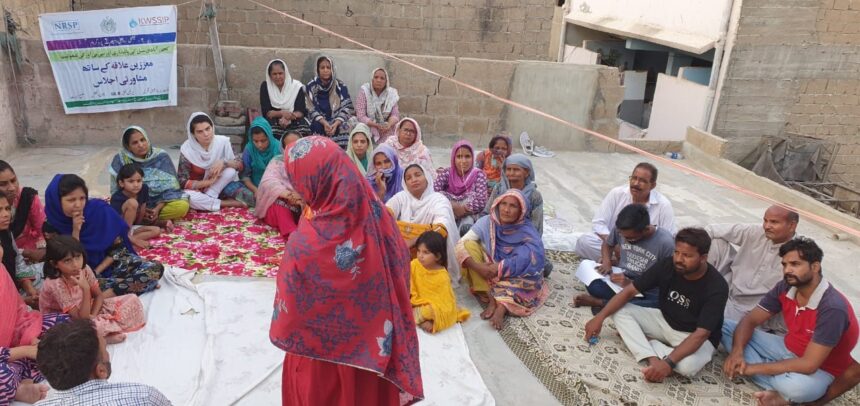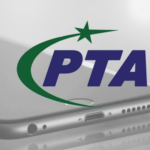Pakistan has encountered many obstacles on its path to gender equality in development programs, especially when it comes to the empowerment of impoverished women. Women have historically been excluded across the nation due to sociocultural norms, a lack of educational opportunities, and ingrained gender inequities. This has hampered their active engagement in community development initiatives, particularly in rural and urban low-income regions.
Low-income neighborhoods of Karachi struggle with a variety of problems, such as problems with water, sanitation, and hygiene (WASH). Various groups are working hard to serve underprivileged populations and find solutions to these problems in spite of these obstacles.
Among these efforts, the National Rural Support Programme (NRSP) and the Karachi Water & Sewerage Services Improvement Project (KWSSIP) have recently started a joint project called “Strengthening of Katchi Abadi Cell and Engagement of Community-Based Organizations (CBOs).” The goal of this project is to strengthen and empower communities.







